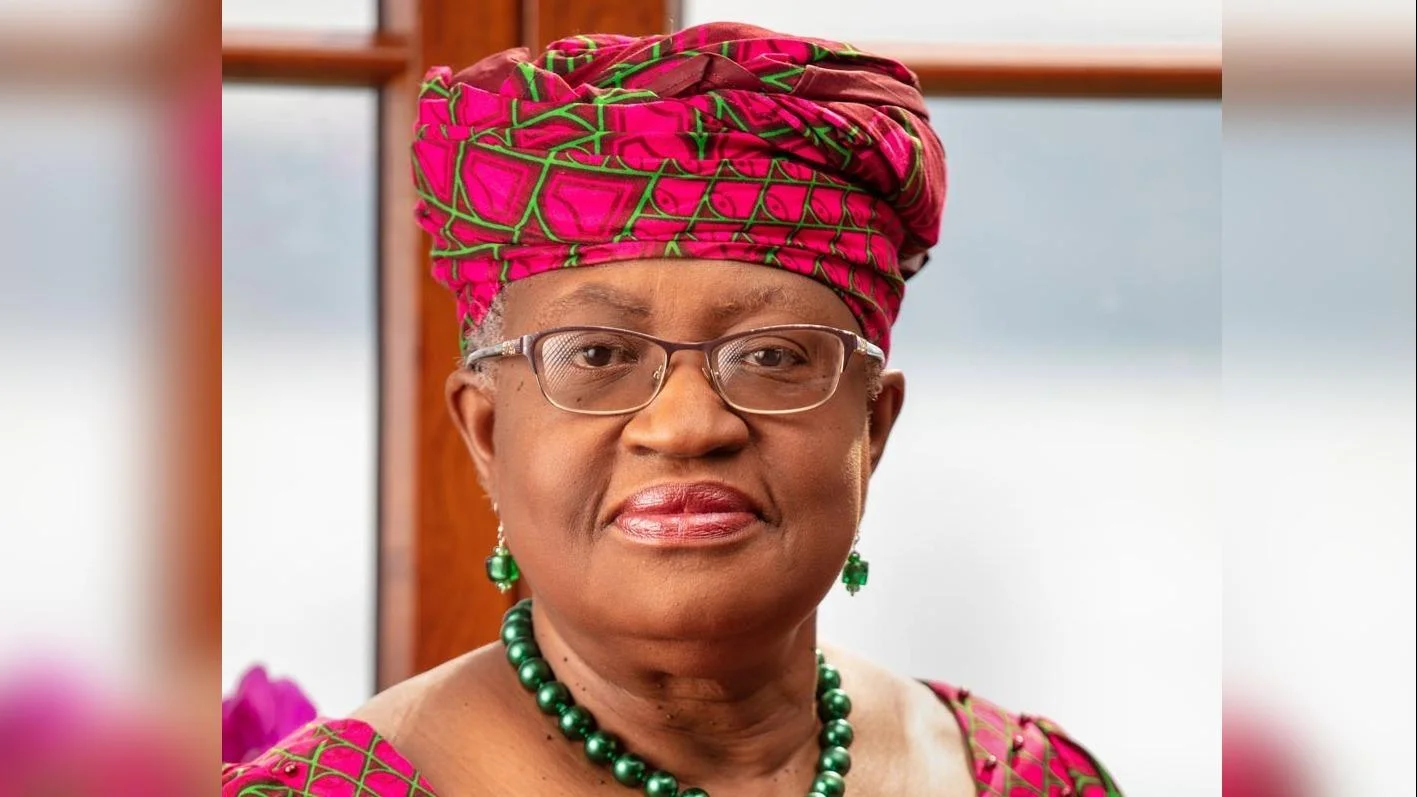Director-General Ngozi Okonjo-Iweala has commended the 127 World Trade Organization (WTO) members involved in the Investment Facilitation for Development (IFD) Agreement, describing it as a milestone in establishing global standards to improve investment transparency, reduce bureaucracy, and promote responsible business practices.
"By lowering costs associated with investment flows, the IFD Agreement can help developing and least-developed country members attract and retain more investment - and more sustainable investment – to access new technologies, diversify their economies, and create better jobs," said Okonjo-Iweala.
The Director-General highlighted the importance of increased investment during a period of global economic uncertainty and declining capital flows. Citing research from the German Institute of Development and Sustainability, she noted: “The IFD Agreement has the potential to generate global welfare gains between USD 295 billion and USD 1,041 billion, with most of those gains accruing to low- and middle-income countries.” She also pointed out that small businesses and women-led enterprises stand to benefit from new opportunities under the agreement.
Okonjo-Iweala called on WTO members to prioritize swift implementation of the IFD Agreement. She stated that its positive effects depend on this step being taken promptly. The Director-General also encouraged ongoing outreach to remaining WTO members who have not yet endorsed the agreement so that it can be integrated into official WTO rules.
She emphasized the necessity of conducting thorough needs assessments for developing and least-developed countries (LDCs), explaining that these evaluations are essential for identifying where institutional strengthening, technical assistance, and capacity building are required—areas crucial for realizing the goals of the agreement. These assessments form part of special provisions aimed at ensuring flexibility for developing nations under the IFD framework.
To date, over 20 needs assessments have been completed or are underway across Latin America, the Caribbean, and Africa. All WTO members may request such an assessment regardless of their participation in the IFD process.
The Director-General thanked donors, development banks, international organizations, and other partners for their support in advancing these needs assessments. She also called for greater involvement from private sector actors who can offer practical insights into investor challenges.
“Much remains to be done. Partnerships are indispensable … in providing expertise, financial resources and on-the-ground engagement,” Okonjo-Iweala said.
Looking ahead to future reforms within the organization—including discussions set for the 14th Ministerial Conference in Cameroon in March 2026—she underscored how implementing the IFD Agreement could serve as an example of how multilateral cooperation delivers results: “As we work to reform and reposition the WTO at the 14th Ministerial Conference in Cameroon [in March 2026], and before it, the IFD Agreement has the potential to be a powerful demonstration of how the WTO can deliver meaningful results for people around the world.”
Korea’s Trade Minister Han-Koo Yeo addressed participants by video message at the event’s opening session: "A key pillar in implementing the IFD Agreement will be the needs assessment process. It enables developing countries — working with donors and relevant international organizations — to identify investment priorities and secure tailored support, thereby delivering pragmatic and inclusive development outcomes." He advocated active participation by developing countries in both adopting and formalizing this agreement within WTO rules.
World Economic Forum President Børge Brende congratulated negotiators on reaching consensus on what he described as a potentially consequential agreement. He referred to his organization’s collaborative projects with businesses aimed at facilitating cross-border investment which have led to measurable benefits for local economies. “You have the World Economic Forum’s full commitment … to support investment facilitation,” Brende said.
A subsequent high-level panel discussion featured Rebeca Grynspan (UNCTAD Secretary-General), Pamela Coke-Hamilton (International Trade Centre Executive Director), and Anabel González (Inter-American Development Bank Vice-President). Each reaffirmed organizational commitments to expanding support for needs assessments alongside continued collaboration with WTO bodies.
Other sessions focused on sharing national experiences related to needs assessments under IFD guidelines as well as strategies for engaging private sector stakeholders more effectively.
According to background provided by WTO officials, any plurilateral agreement like IFD requires consensus among parties before it is added formally into Annex 4—the main legal framework governing all member states. While only binding on signatories initially, participant members believe broader incorporation is vital so that benefits extend especially toward developing economies seeking sustainable investments.
The agreement is expected not only to strengthen national efforts but also act as a catalyst for regional initiatives supporting investment facilitation.

